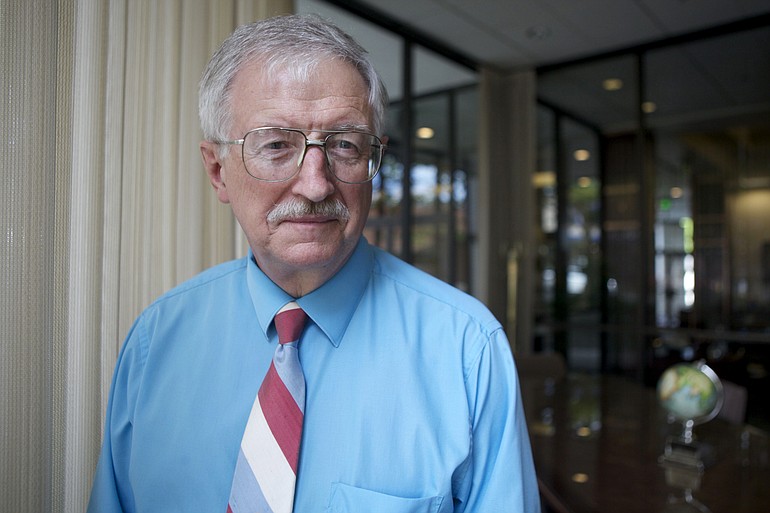“My wife and I are still healthy and enjoying the business, so it hasn’t been too much of an imposition,” Rolling, 67, said. Besides, he said, “I enjoy complaining about still having to work.”
Rolling is among the 10 percent of the Clark County population over age 65 that continue to work — double the percentage who worked past retirement age here just 20 years ago, according to the Washington Employment Security Department.
It’s a national trend that started a decade ago, well before the recent recession, said Scott Bailey, Southwest Washington regional economist for Employment Security. Contributing to this trend, Bailey said, are:
o Stagnant middle class wages that force people to work longer to earn the same amount of money.
o Declining pensions that mean people must save better to fund retirement —though many don’t.
o Longer life expectancies with better health care that leave workers physically capable of working and enjoying it much longer.
Clark County is ill-equipped to handle this changing workforce, said Lisa Nisenfeld, executive director of the Southwest Washington Workforce Development Council. So far, no job training or employment programs have been created here specifically geared toward older workers.
The situation creates significant implications for employers and their employees. Younger workers will have a harder time finding jobs, those who do find work won’t move up the ladder as quickly, and overall job creation in the county will be lower than it has been in the past, Nisenfeld said.
Older workers may experience age discrimination. It will be harder for those who need to work past retirement age to find work, she said.
“We’ll see more older people piecing together their incomes with an assortment of part-time and independent work,” Nisenfeld said.
“We as the baby boom generation have been accustomed to thinking we’re the center of the universe and it can’t happen to us,” she said. “I believe it will.”



